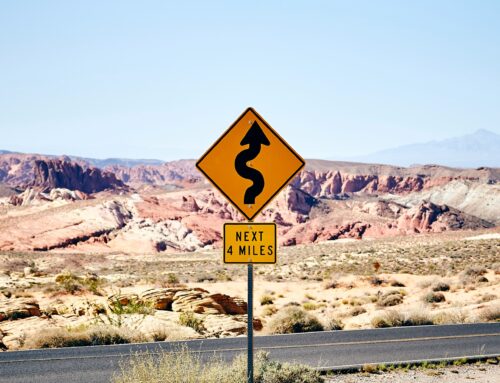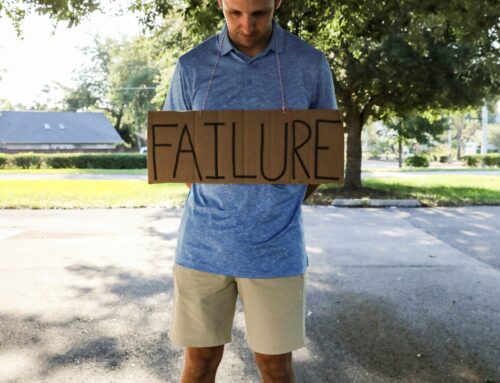
I originally became interested in burnout by working with activists. St. Louis has been home to a new era of civil rights activism since 2014, and in my psychotherapy practice, I’ve worked with many people involved in social justice campaigns who have faced arrest, violence, job loss, and more because of their involvement with social justice activism.
These folks taught me that passion doesn’t make burnout less likely. It creates a drive and motivation that can have people pushing past their limits time and time again in service of a greater goal.
If you care deeply about what’s going on in the world, in your culture, with the people you serve, etc., you may find yourself grappling with the same kinds of difficult and urgent questions my activist clients grapple with:
- How do we reconcile the drive to stand up for what’s right with the need to take care of ourselves and our families?
- Is it actually right for us to have any limits at all given the current reality?
- Who cares if I’m burned out?
- Is it even right to think about “self care” when those being harmed don’t have the luxury?
- If we don’t do everything humanly possible at every given opportunity, what does that say about us?
There are no clear and simple answers to these questions, but let’s talk about the beliefs and assumptions that inform how we grapple with these questions, because being able to see those clearly means we may be able to see paths ahead that would otherwise remain invisible.
There’s an elephant in the room: American individualism and exceptionalism take up a huge amount of space in the way we think and talk about our responsibility to make a difference.
A fundamental discomfort arises when we meet a situation that calls for us to be a cog in a wheel and not the wheel itself. We like to think of ourselves as the wheel, as the main character in the story, the one who finally accomplishes the thing or performs the heroic act. This is inherent in the American mythos of the rugged self-sufficient individual, and it’s compounded for those of us who are white and able bodied, because we are used to seeing ourselves reflected in the main characters of most readily accessible stories. But in most cases, we are asked to be a part of a solution, not its primary architect. This can have us feeling like we are not really doing anything.
When newbie activists attend direct action training with seasoned organizers, they are told very clearly and consistently that the task at hand is a collective one: Don’t go to a protest alone, know where your people are and what the plan is, and if asked to speak to the objectives of the event, defer to leadership rather than trying to answer the question. In other words, be a cog; don’t try to be the wheel.
A cog is most effective when it operates reliably and consistently, over time, on a very small scale. Cogs collectively transfer motion to the wheel, and this is what makes it turn. If enough cogs wear out, the wheel grinds to a halt.
If we are the cog and not the wheel, does that have us thinking about burnout differently? I think it does. If I am the hero of the story, burnout is pretty inevitable. My goal is short term, urgent, and worth breaking myself in half for. Some things in life are like that. Most are not. Most of us find ourselves caring about and wanting to be of service in long term changes, cultural shifts that make life better, more sustainable, and more just. If we are the cog, we can do that. We can participate in a meaningful way, consistently, reliably, over time. And to do that, it’s essential that we not burn out. We can’t afford to break ourselves to achieve a short term goal, because breaking ourselves grinds the wheel to a halt.
If you find yourself up against burnout in service of something you care deeply about, I encourage you to consider, is what you care about short term or long term? Does it require your heroics? Or does it require you to act consistently and reliably over time to facilitate long term change?
Share this article

Kathryn Stinson
I help passionate people identify and dismantle the cultural drivers of burnout, so they can serve their big visions without burning out. Find information and strategies for dealing with burnout here, or reach out to work with me.
Subscribe
Each month I take a deep dive into one aspect of resisting burnout.
Monthly Deep Dive Letters name cultural dynamics that generate burnout and open doors to imagining how we might do things differently. For examples of what I write about, take a look at the blog.
No productivity tips, and no motivational pep-talks. Just in depth, thoughtful content to support you in resisting burnout culture. You’ll also be notified of new events and programs.





